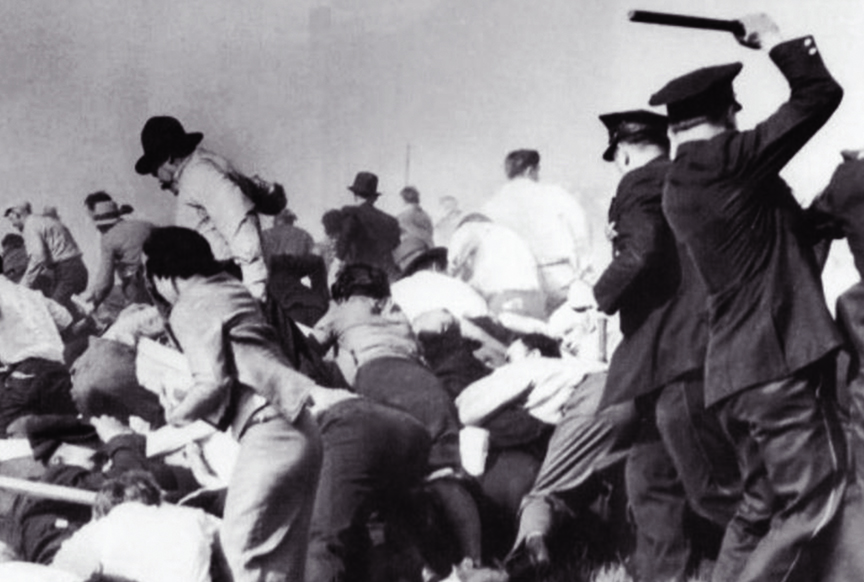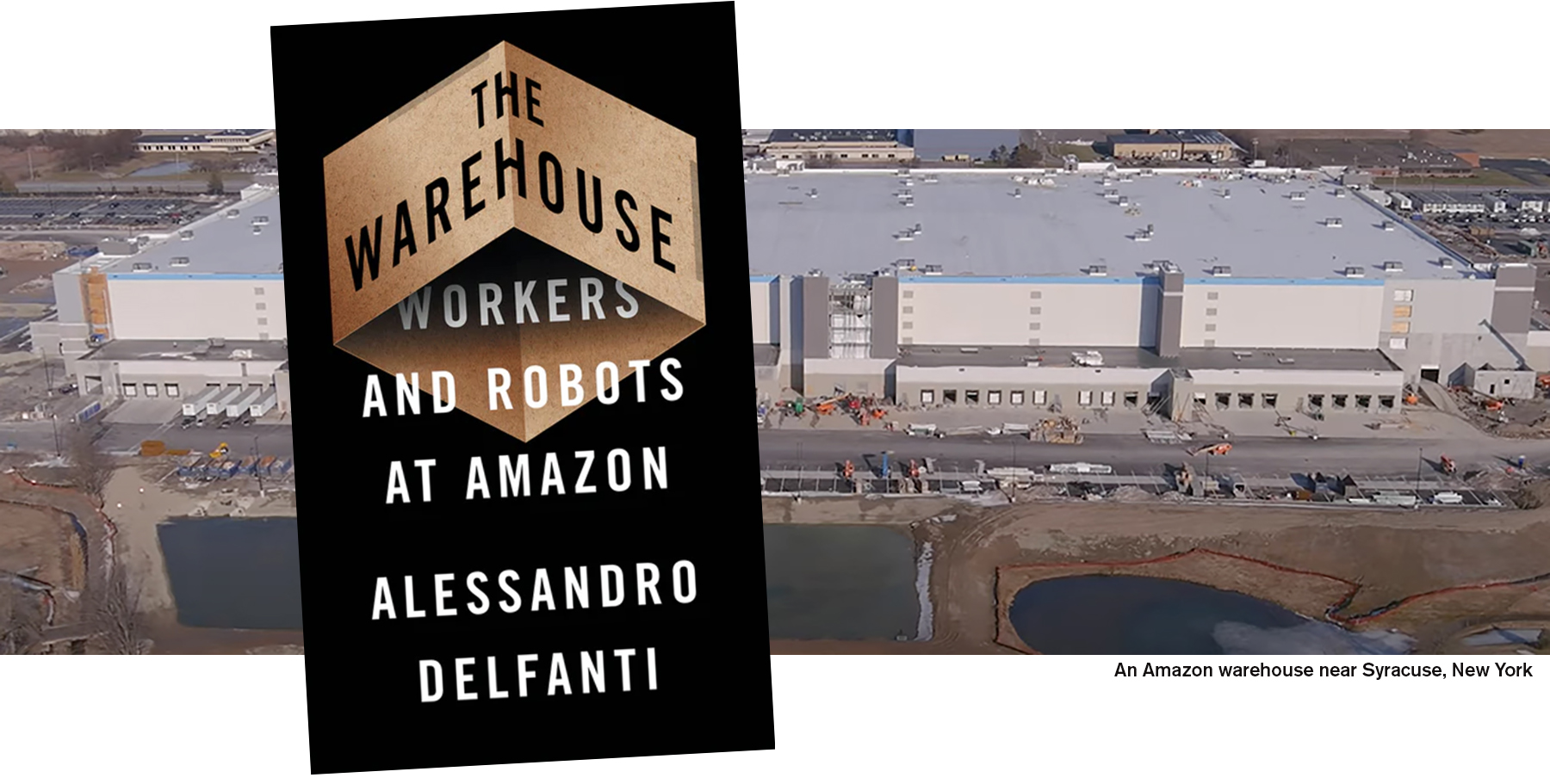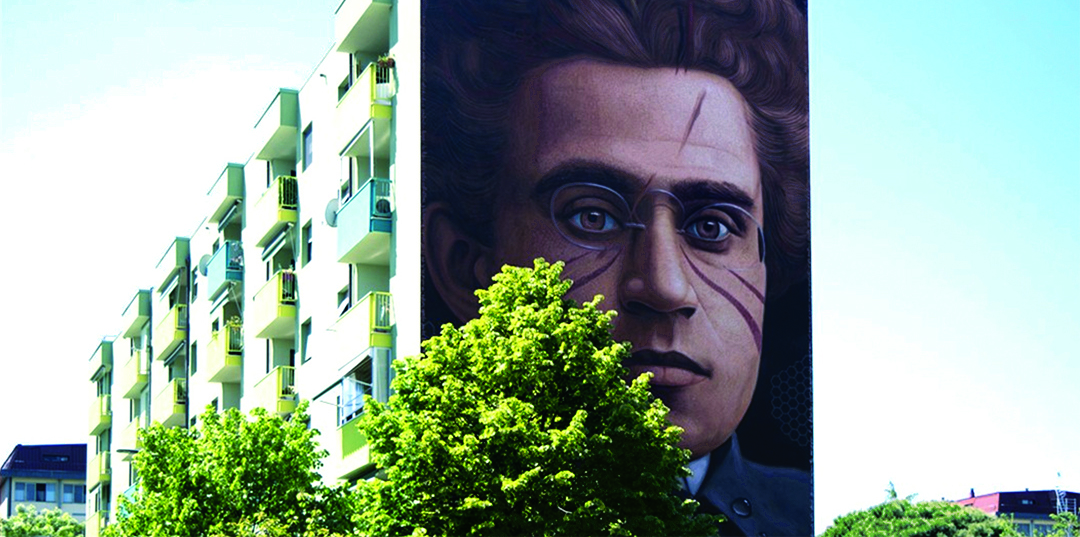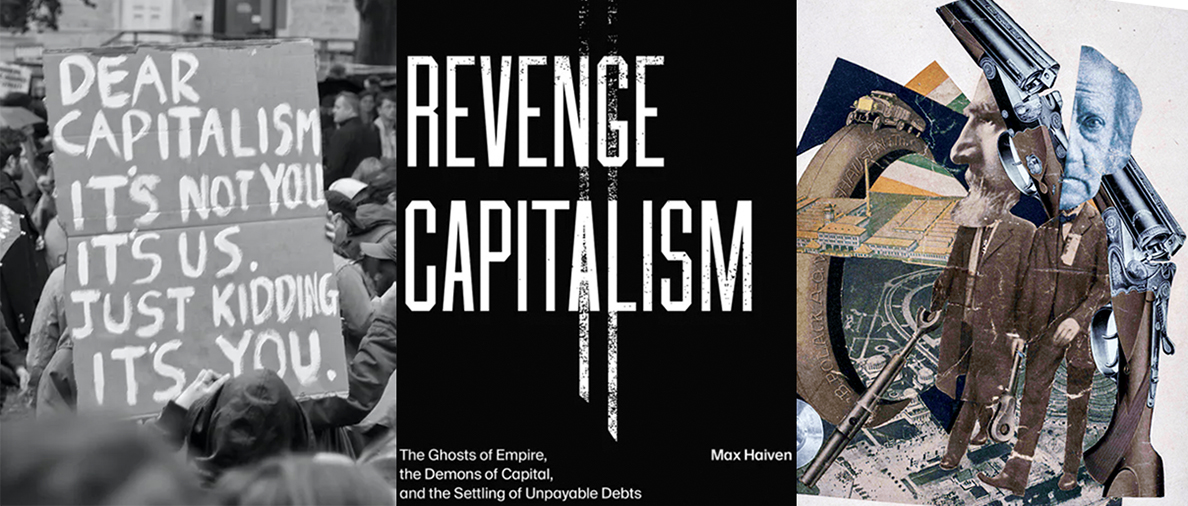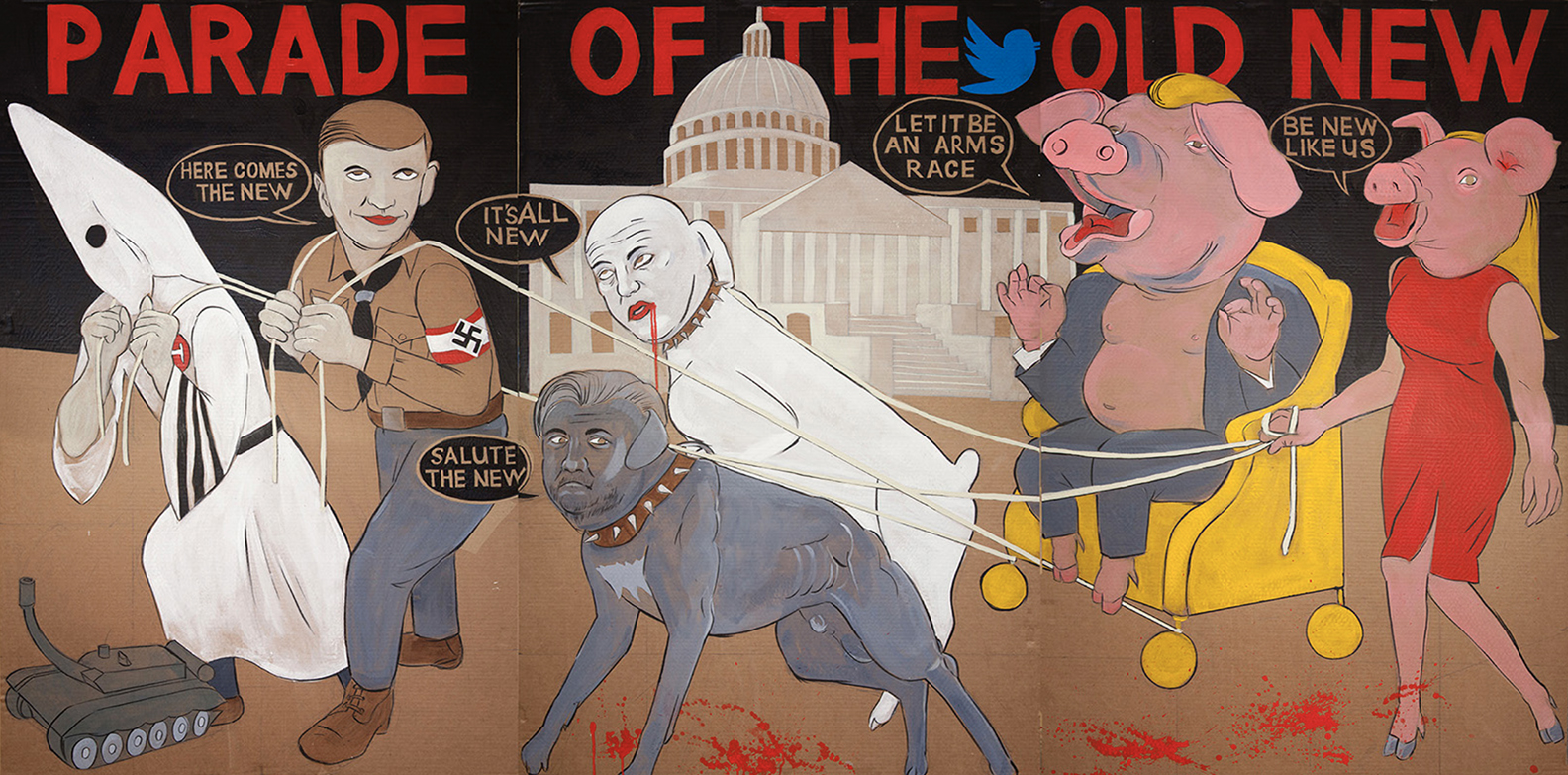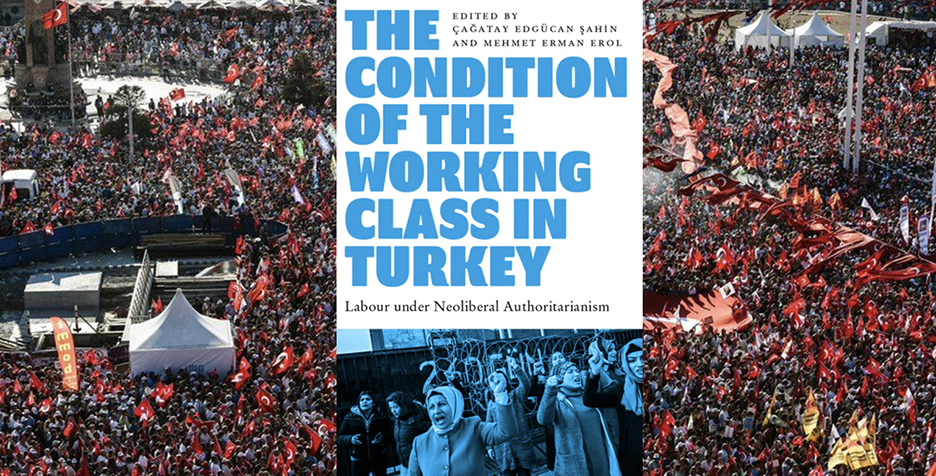Labor Organizing
Political Economy of Labor Repression in the United States
Online: Zoom link will be provided to registered participantsAndrew Kolin presents a detailed explanation of the essential elements that characterize capital’s relations to the working class and how capital relies on various forms of repressing reform and revolutionary movements by workers. The repression is directly linked to the class struggle between capital and labor. The starting point examines labor repression after the American Revolution. Andrew’s book then follows the role of the state along with the explosive growth of American capitalism to analyze the long history of capital and labor conflict with details of the US state being aligned with the interests of capital throughout American history.
The Bisbee Deportation / The Battle of Blair Mountain
Online: Zoom link will be provided to registered participants• On July 12, 1917, in the mining town of Bisbee Arizona, twelve hundred striking miners and their supporters were rounded up by forces organized by the town sheriff and the mining companies, marched through the town, parked in the town's baseball field, and then put in boxcars and shipped into the New Mexican desert.
• When the smoke cleared on the Battle of Blair Mountain, an estimated 1 million rounds were fired, dozens were killed, and 985 miners were arrested. The uprising was suppressed, but public awareness about the appalling conditions in which the miners were forced to live, work, and raise their families grew considerably.
Studies in the Works of Antonio Gramsci with Piruz Alemi
Online: Zoom link will be provided to registered participantsThis 10-week session has four sessions remaining which feature a close reading of Gramsci’s Prison Notebooks. We will look to connect cultures and their human rights struggles. We will also explore those who influenced Gramsci, particularly Marx, but also Machiavelli and Croce. This seminar is accessible to people at all levels of familiarity with Gramsci’s work, including those just beginning their studies of Gramsci. Join at any time.
Studies in the Works of Antonio Gramsci with Piruz Alemi
Online: Zoom link will be provided to registered participantsThis 10-week session has four sessions remaining which feature a close reading of Gramsci’s Prison Notebooks. We will look to connect cultures and their human rights struggles. We will also explore those who influenced Gramsci, particularly Marx, but also Machiavelli and Croce. This seminar is accessible to people at all levels of familiarity with Gramsci’s work, including those just beginning their studies of Gramsci. Join at any time.
Studies in the Works of Antonio Gramsci with Piruz Alemi
Online: Zoom link will be provided to registered participantsThis 10-week session has four sessions remaining which feature a close reading of Gramsci’s Prison Notebooks. We will look to connect cultures and their human rights struggles. We will also explore those who influenced Gramsci, particularly Marx, but also Machiavelli and Croce. This seminar is accessible to people at all levels of familiarity with Gramsci’s work, including those just beginning their studies of Gramsci. Join at any time.
The Warehouse: Workers and Robots at Amazon with Alessandro Delfanti
Online: Zoom link will be provided to registered participants“Delfanti has done here what more critics of Amazon should — listen carefully to the people whose work makes the corporation function. Those of us fighting for a better future than Amazon's dystopia have much to learn from this book”. — Dania Rajendra, Inaugural Director, Athena Coalition
Everyone a Legislator with author Michael Denning
Online: Zoom link will be provided to registered participants“Perhaps Gramsci’s political science is … a “necessary expression of his time, the short twentieth century, an era now ended, the ae of three words divided between Fordist capitalism, bureaucratic communism and the post-colonial settlements of decolonization. If this is true, is there a future for Gramsci’s legacy?” —Michael Denning
Revenge Capitalism with Max Haiven
Online: Zoom link will be provided to registered participantsIn Revenge Capitalism, Max Haiven argues that this economic vengeance helps us explain the culture and politics of revenge we see in society more broadly. Moving from the history of colonialism and its continuing effects today, he examines the opioid crisis in the US, the growth of 'surplus populations' worldwide and unpacks the central paradigm of unpayable debts - both as reparations owed, and as a methodology of oppression. Revenge Capitalism offers no easy answers, but Max has made a powerful call to the radical imagination: “When you live in someone else’s utopia, all you have is revenge. We live in capitalism’s utopia, a world almost completely reconfigured to suit the needs of accumulation. And the world’s alight, and ours is an age of vengeance. It is vengeance, sadly, that is usually directed at those who least deserve it and which leaves those whose actions led to the current state of affairs, or who benefit from it, free or even more empowered.” —Max Haiven, from his introduction to Revenge Capitalism
Parade of the Old New with artist/author Zoe Beloff
Online: Zoom link will be provided to registered participantsA discussion by Zoe Beloff about her new 40-panel accordion book that reproduces, Parade of the Old New, an epic panorama on cardboard panels, a 40 meter long allegory of the American body politic. The title is taken from a 1938 poem by Bertolt Brecht that inspired the theme of this work; now more than ever, we are not finished with the past and the past is not finished with us. The project was launched with Trump's inauguration and continued until he was defeated at the ballot box. It begins with the president's triumphal entry into Washington DC.Parade of the Old New is distributed by Booklyn, Inc. (booklyn.org). Booklyn also represents Beloff's work within the library and academic market.
The Condition of the Working Class in Turkey
Online: Zoom link will be provided to registered participantsMoving beyond headlines and personalities, uncovered are the real working class conditions in modern Turkey. Combining field research and interviews, cutting-edge analyses of workplace struggles, trade unionism, the AKP’s relationship with neoliberalism, migration, gender, agrarian change and precarity, as well as the Covid-19 pandemic and its impact on workers are presented succinctly. Brought together by a broad range of Turkish activists and scholars who consider what the dynamics and contradictions of working-class resistance against Turkey’s neoliberal authoritarian regime have become.

